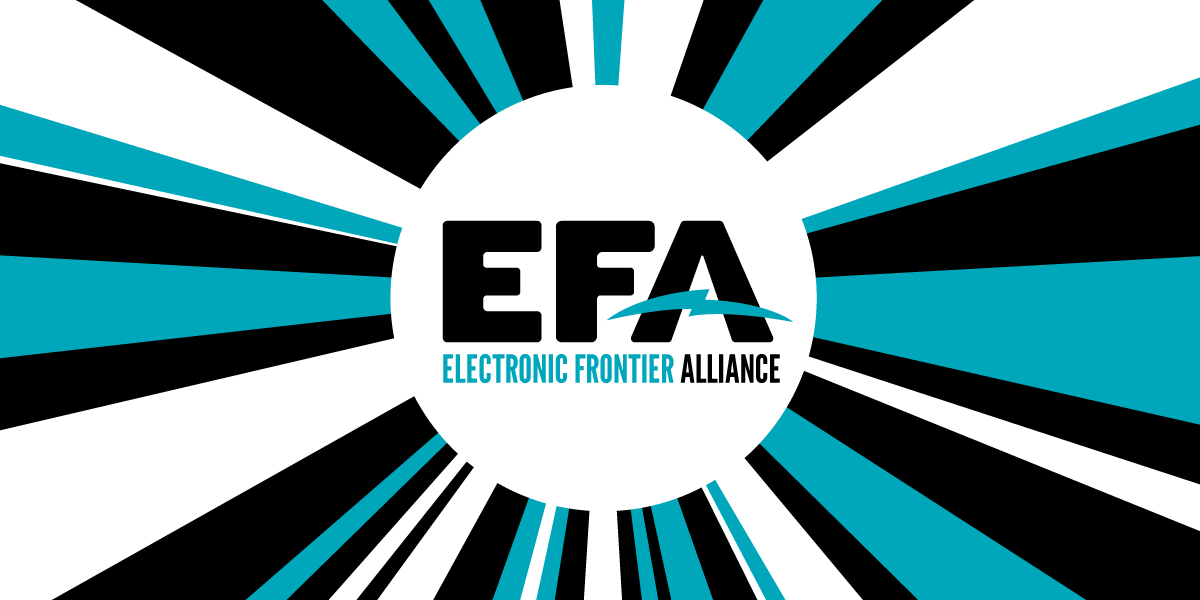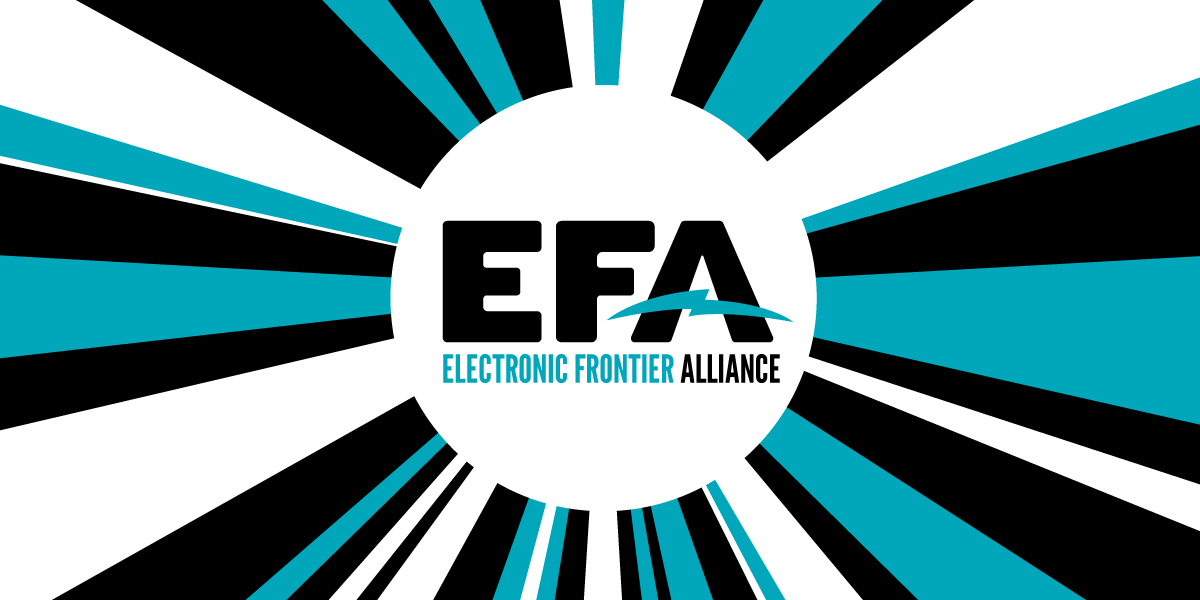EFF has long advocated for affordable, accessible, and future-proof internet access for all. Digital equity, the condition in which everyone has access to technology that allows them to participate in society, is an issue that I’ve been proud to organize around. So, it’s awesome to connect with a group that's doing something to address it in their community.
Recently I got the chance to catch up with Maritza Grooms, Director of Community Relations at EFA member CCTV Cambridge, who told me about the results of their work and the impact it's having on their local community.
How’s your digital inclusion work going and what's been the results within the community?
CCTV has had a year of transition and change. One of the biggest was the establishing of the Digital Navigator Pilot Program in collaboration with multiple partners funded in part by Masshire Metro North Workforce Investment Board through the Mass Broadband Institute. This program has already had a great impact in Cambridge since its official launch in August 2024, serving 492 community members! This program demonstrates the clear need for digital navigator services in Cambridge and beyond. Our community has used this service to get devices that have allowed them restart their career journey or go back to school, and take digital literacy classes to gain new skills to help them along the way.
The Electronic Frontier Alliance works to uphold the principles of free expression, information security, privacy, creativity, and access to knowledge. What guides your organization and how does digital equity tie into it?
CCTV's mission is to nurture a strong, equitable, and diverse community by providing tools and training to foster free speech, civic engagement, access to knowledge, and creative expression. The Digital Navigator program fulfills this mission not only for the community we serve, but in the ripple effects that generate from our community members having the tools to participate in our society. The Digital Navigator Pilot Program aims to bridge the digital divide in Cambridge, specifically supporting BIPOC, immigrant, and low-income communities to enhance economic mobility.
How can people support and plug-in to what you’re doing?
We cannot do this alone. It takes a village, from partners in the work like our friends at EFF, and supporters alike. We encourage anyone to reach out to maritza@cctvcambridge.org to find out how you can support this program or visit cctvcambridge.org/support to support today and invite donations at your convenience. Follow us on social media @cctvcambridge!
Thanks again to Maritza for speaking with us. If you're inspired by CCTV Cambridge's work, consider joining a local EFA ally, or bringing your own group into the alliance today!




